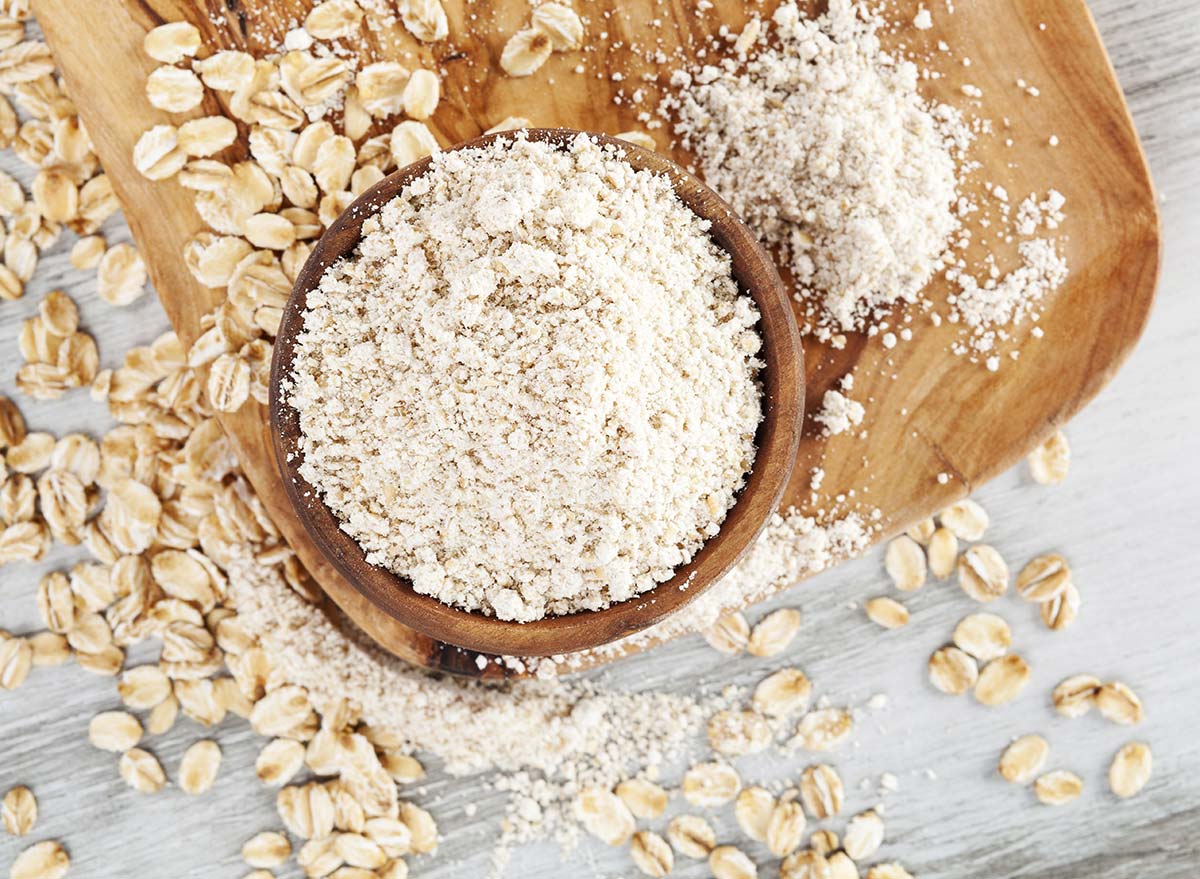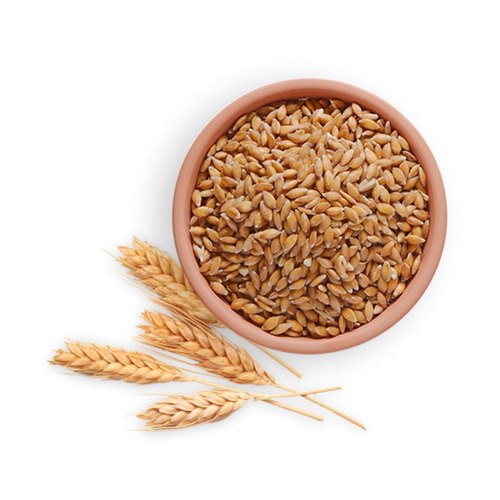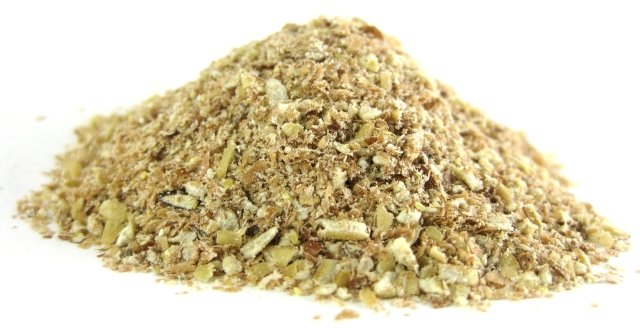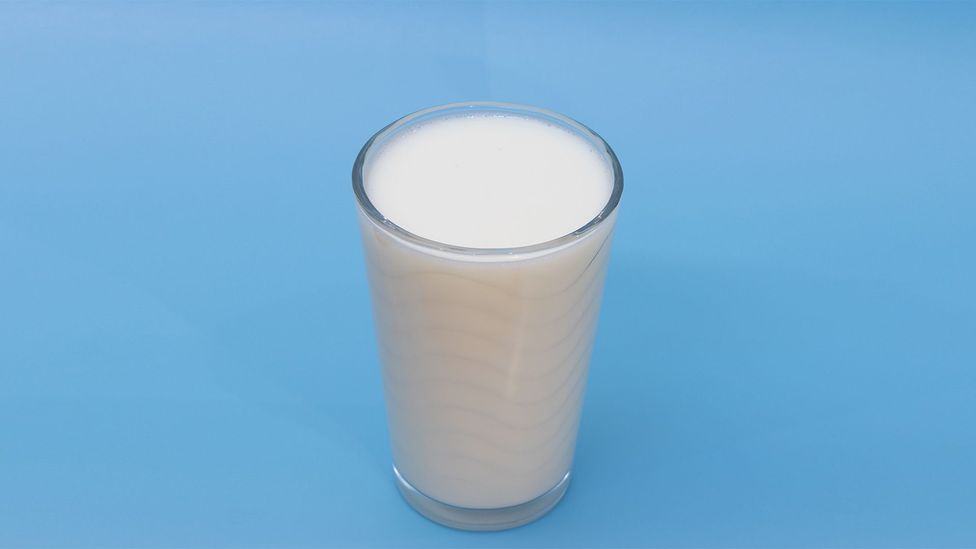Published Date January 24, 2003
What Late-Night Snacking does to us?
By Arpita Sudev
4 min read
Last update date: January 24, 2003
All about endorphins, metabolic syndrome, junk foods and late night snacking.
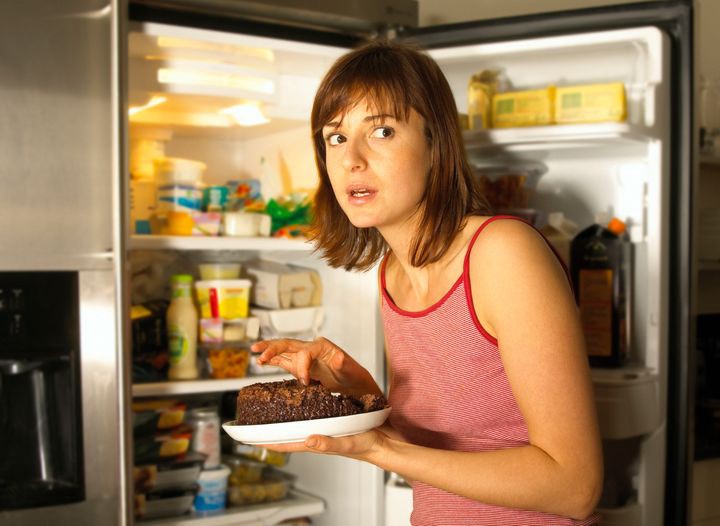
We’ve all been in front of the fridge at midnight, hungry and looking for snacks. Now that so many of us are spending most of our time at home, we are also staying up late and (likely) eating more as a result.
The lockdown has been influencing eating habits, especially snacking patterns. Mandatory quarantine resulted in a change in the lifestyle of people all over the world including a change in eating habits.
A snack refers to any food item that is eaten at meals apart from breakfast, lunch, or dinner. The term snack also connotes energy-dense, but high in nutrients to limit (sugar, sodium, and/or saturated fat) like cakes, cookies, chips and other salty snacks, and sugar-sweetened beverages.
Stress and emotional eating affect eating habits drastically. It’s common to reach for food in times of stress because it gives us a sense of control. Stress and boredom are strong overeating triggers.
We often choose nighttime snacks that are high in sugar and fat for a strategic biological reason: “They both create endorphins; which make us feel better”. These fast foods, snacks, and calorie-dense foods are consumed under stress even in absence of hunger and lack of homeostatic need for calories.
Scientifically, eating during normal waking hours, your body metabolizes the food much more quickly. Macro-nutrients like fats, lipids, and cholesterol in your blood are absorbed by your liver, muscles, and other tissues. But let’s say you eat (cupcakes, packed snacks, or ice cream) at midnight. The fats would hang around longer in your blood than they’re supposed to — and that isn’t good for your heart, kidneys, and other organs.
Here’s how late-night snacking affects your health
- Weight gain
The time you consume food has as big an impact on weight gain as what you consume. Research shows there is a strong association between late-night snacking and gaining weight. - Slow fat burning
Prolonged eating at night may negatively affect fat metabolism and hormonal markers negatively impacting the chances of a lifestyle disease (high cholesterol, high triglycerides, diabetes). - Increased junk food consumption
Lack of satisfaction from main meals usually ends with eating junk which causes a release of dopamine in the brain. This reward encourages susceptible individuals to eat more unhealthy foods. - Trouble falling asleep
Depending on what you have for a midnight snack, you might fall asleep fast, or end up tossing and turning all night. A glass of warm milk may help you relax and drift into slumber, and foods containing high amounts of tryptophan, like turkey, are metabolized into the sleep-inducing hormones serotonin and melatonin. But coffee, tea, soda, or chocolate can contribute to insomnia. - Developing health issues or a metabolic syndrome
Eating late at night can lead to several health hazards like an increase in blood sugar levels, heart diseases, obesity, and acidity. A cluster of conditions that typically occur together increases your risk of strokes, type 2 diabetes, and heart disease.
Tips to prevent evening cravings and after-dinner snacking
- End mealtime madness
Spend a little time planning and grocery shopping for nutritious meals, including breakfast, and snacks throughout the week. When you eat a variety of foods throughout the day according to your hunger and fullness, you’re less likely to overeat at night. A general thumb rule is; 80% of nutritious food while the rest 20% can be your favourite food items. It keeps you satisfied and can avoid bingeing at night. But remember, moderation is the key! - Boost protein and load up on fibre
Protein can help you feel full faster and for longer. So, ensuring you incorporate protein in your meals and snacks may help with mindless snacking. You can get your protein from lentils, pulses, milk and dairy products, salmon, chicken, eggs, etc. Dietary fibre can also help you feel full, in addition to being beneficial to your gut. Find fibre in whole grains, legumes such as beans and lentils, vegetables, fruits, nuts, and seeds. The daily recommendation for dietary fibre is 14 grams for every 1,000 calories, which is about 25 grams for women and 38 grams for men per day. - Turn off the screen before you pick up your fork
Mindless eating and overeating can be stimulated by excessive screen time. Eating in front of the TV, while playing video games or surfing the Internet can distract attention from what and how much is eaten and reduce the satiety signals sent to the brain.
Takeaway
Having a regular and healthy lifestyle is important for our body’s proper functioning. Choose your meals wisely and eat 2–3 hours before your bedtime to improve your digestion. Identify your triggers, eat balanced meals and go to bed early because lack of sleep contributes to hormone imbalances in insulin, leptin, and cortisol which can have a profound impact on our cravings and hunger signals.
References
- https://www.eatthis.com/late-night-quarantine-snacking/
- https://foodinsight.org/late-night-snacking/#:~:text=Myth%3A%20Late%2Dnight%20snacking%20leads,it%20leads%20to%20weight%20gain.&text=While%20it's%20certainly%20possible%20for,happen%20any%20time%20of%20day.
- https://timesofindia.indiatimes.com/life-style/food-news/why-eating-late-at-night-is-bad-for-you/photostory/77037880.cms?picid=77037883
- https://www.madradish.com/blog/late-night-snacking-good-bad-sleepy/
- https://selecthealth.org/blog/2021/03/pros-and-cons-of-late-night-eating
Keep reading
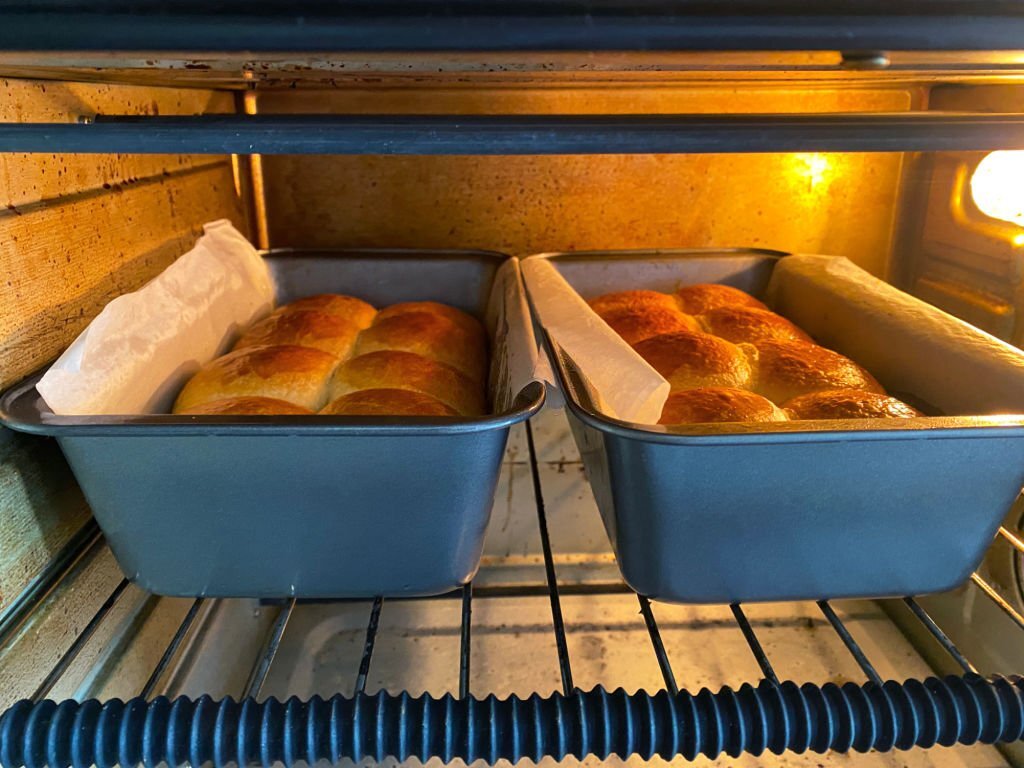
What does it take to bake a bun?
A bun needs a few necessary ingredients to turn out fine. By fine I mean it needs to be fluffy or spongy enough to be called a bun.
By Hetvi Shah
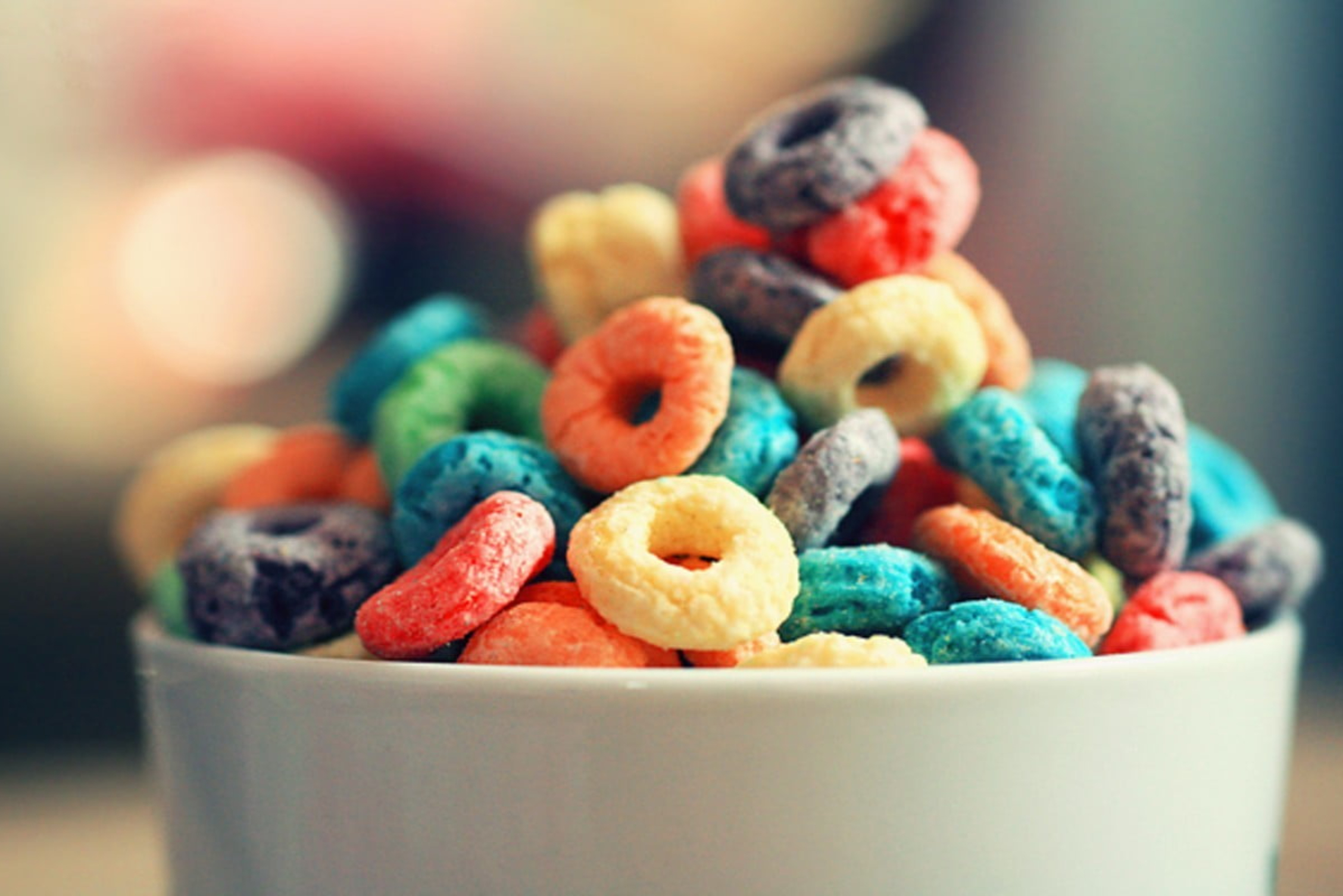
What is wrong with ready-to-eat breakfast cereals?
All about vitamins, fibre, antioxidants and ready-to-eat breakfast cereals.
By Arpita Sudev

What to look out for in foods if you have cholesterol
All about avocados, whole grains, HDL, LDL and cholesterol
By Naurin Ansari
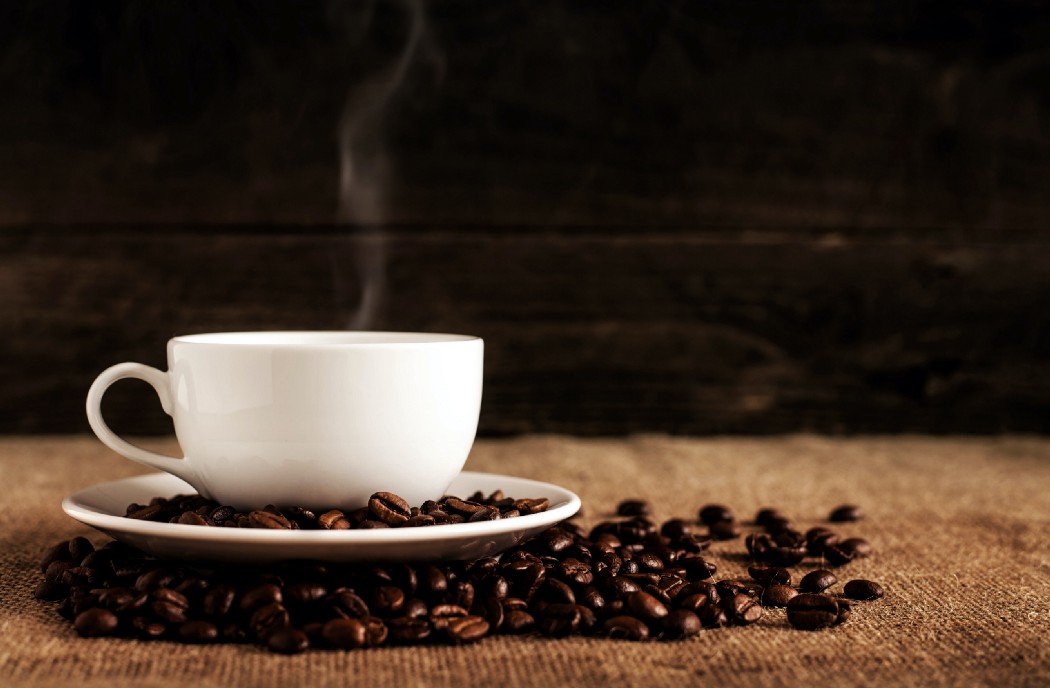
What’s Caffeine Intolerance?
All about Coffee Allergy, Caffeine Intolerance and Caffeine Sensitivity.
By Arpita Sudev
Related Items
Choose Healthy With Us.
Know the real truth about your food. Stay informed and healthy, for free.

Download the App Now
Certified nutritionists trust our food recommendations. Safe to say, so can you :)














